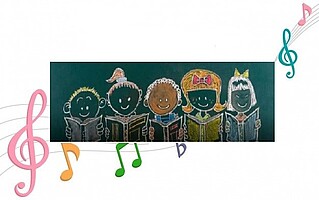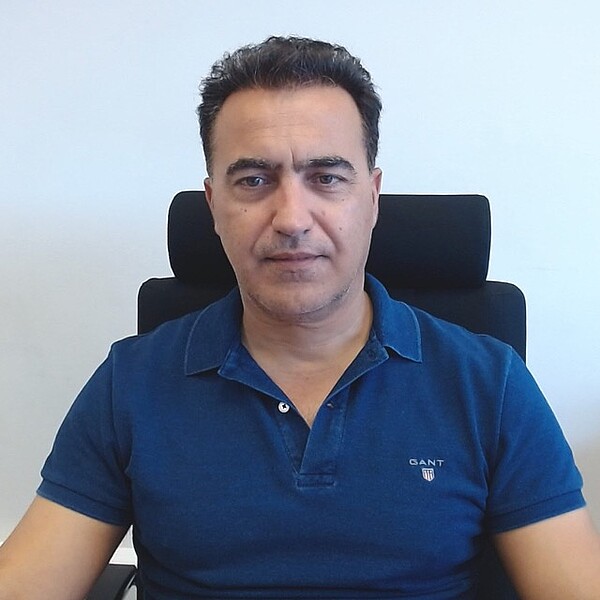
Project Description
Twenty-first-century children live in an increasingly interconnected, diverse, and rapidly changing world. They need not only to develop their social skills to interact and engage with people from diverse cultures in a respectful way but also appreciate and benefit from cultural differences. Although there have been no doubts about the importance and necessity of cultural awareness and cultural understanding, how these can be taught at schools and what tangible outcomes might be for children and the wider community remains a challenge.
The MUSILIB Project aimed to address this challenge in several ways with a body of interrelated outputs. It offered an expanded multi-lingual and multi-cultural library for children based on the previous successful MultiLib project, with traditional and contemporary children’s stories in 12 different languages, including six languages spoken by migrants. MUSILIB included Music as the main medium for socio-cultural inclusion and to address multicultural skills for all children, migrant and non-migrant alike.
The project offered new ideas, inspirations, methodology, and tools to foster social inclusion by using a very effective medium: Music. Group musical experiences build sensitivity, harmony, and cooperation as individuals unite in common emotional responses. All project outputs related to music. Through them, the project aimed at fostering multicultural skills, social cohesion, respect for diversity, and harmonious relationships.
The project designed unique outputs:
- Expanded Library building on the previous successful MultiLib project;
- Music/Soundtrack with a traditional instrument for each story in the e-library;
- MUSILIB Teacher Video Kit;
- MUSILIB by Children – an innovative multimedia Library made by children;
- MUSILIB Repository (OER) and web 2.0 communication platform;
- Upscaling of MultiLib Library into 'MUSILIB Library for Children in Europe'.
The project was delivered by a vibrant partnership of seven partners from across Europe: primary schools, a language school, education providers, and universities.
Workshops in each partner country and a final conference, adding to strong dissemination, gave the project ample perspective for future expansion and applications, making MUSILIB a clearly sustainable project.
Contract Info
Funding Programme:
ERASMUS+
Period: 2018 - 2021
Lab Funding: €57K
Contract No:
2018-1-FI01-KA201-047196



